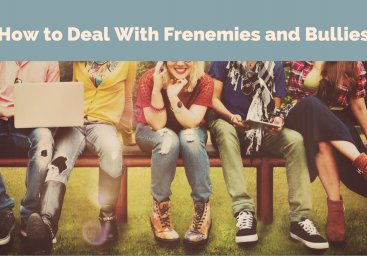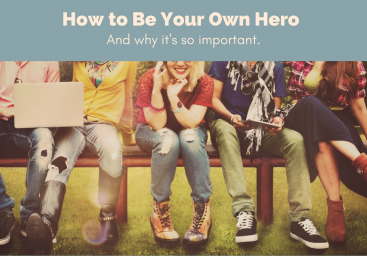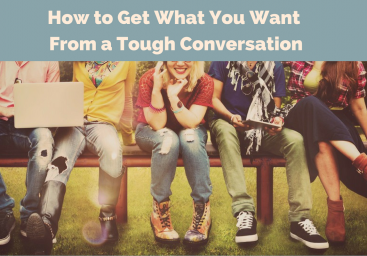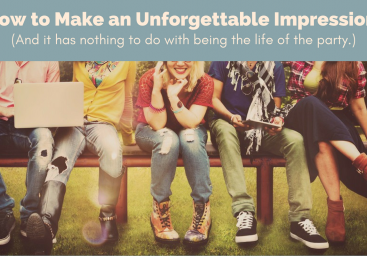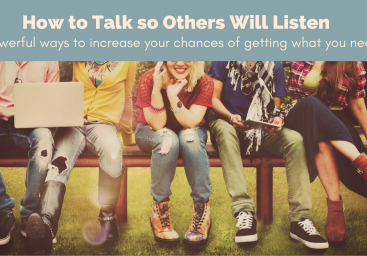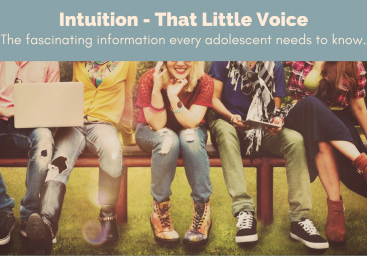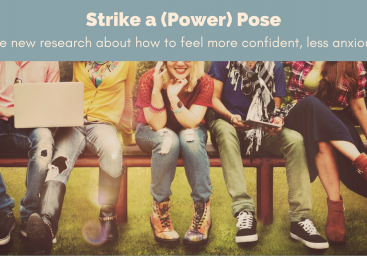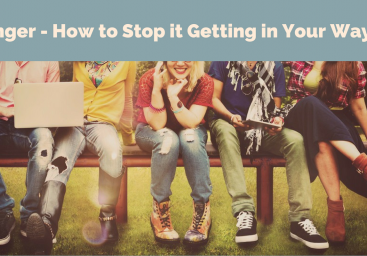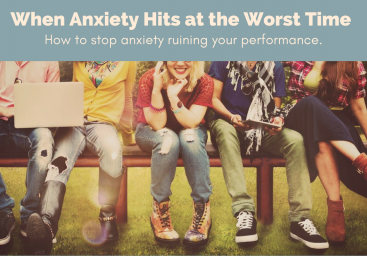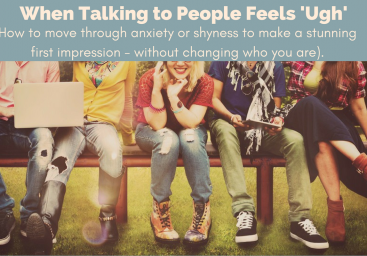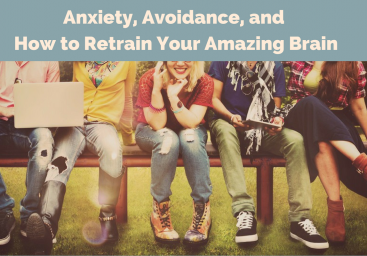The Rooftop
Because you know they are mighty – now to make sure they know it too.
Anxiety is a really normal human experience. Sometimes it can become too big, and when children get caught in the tail whip of anxiety, it can swipe at their belief in themselves, their engagement with the world, and the glistening unfolding of their potential – but it doesn’t have to be this way. Anxiety is very manageable, and any important adult in the life of a child has a profound capacity to strengthen children and teens against anxiety and towards courage and resilience. With all anxiety, comes opportunities to strengthen children and teens with a mindset, skills and qualities that will lead them towards deeply fulfilling, brave, whole-hearted living. Let’s talk about how.

